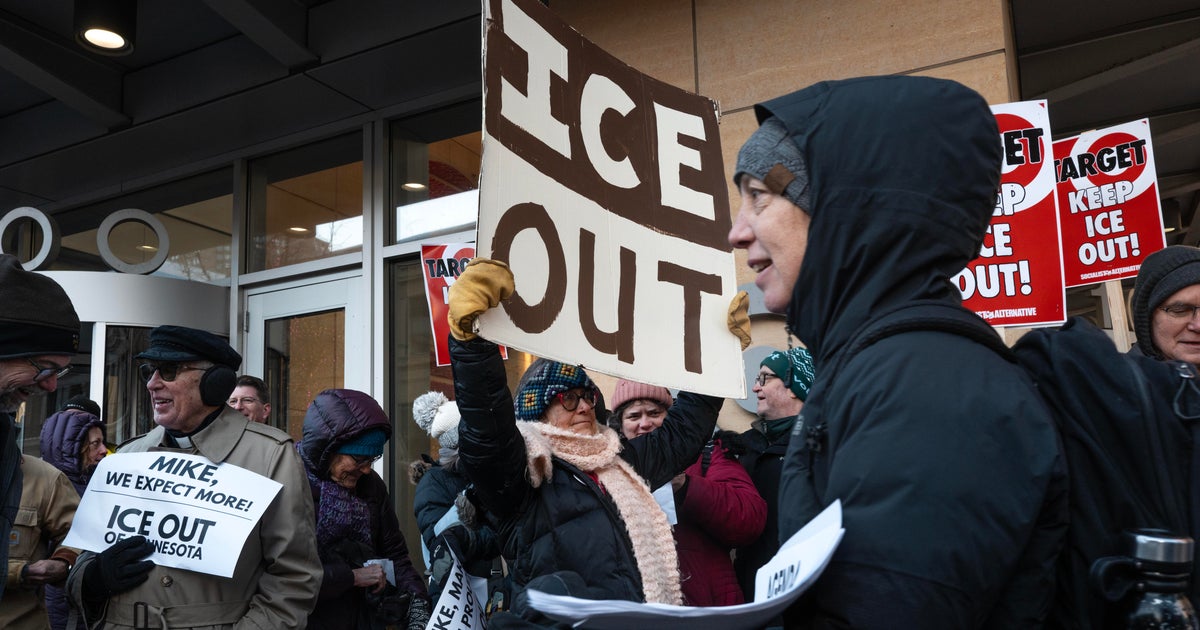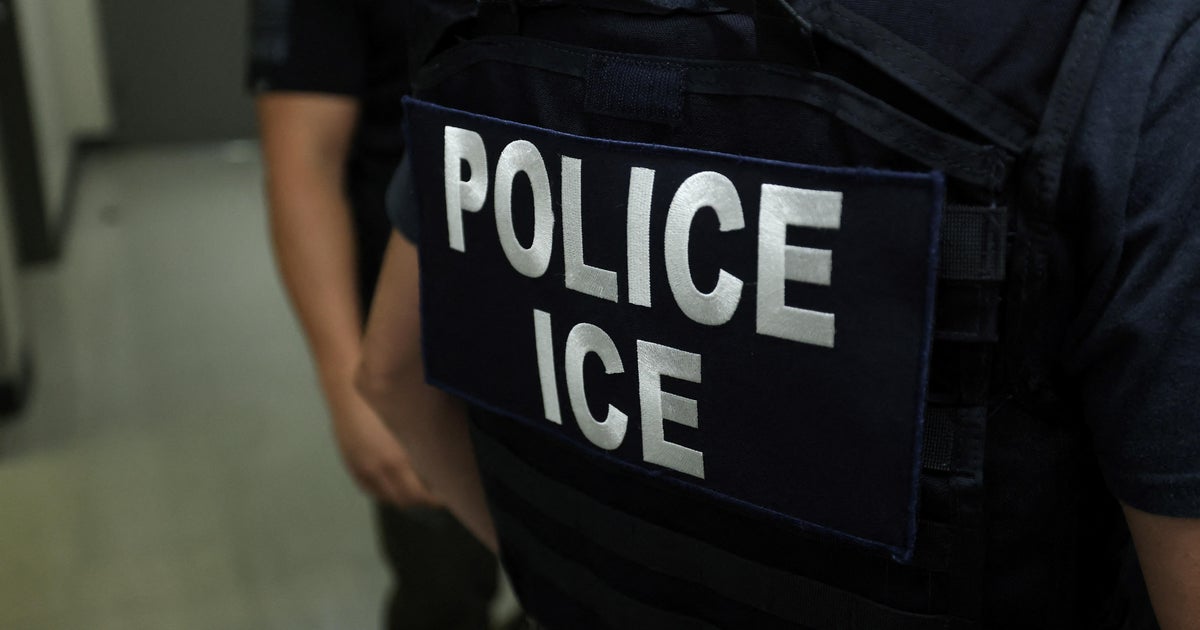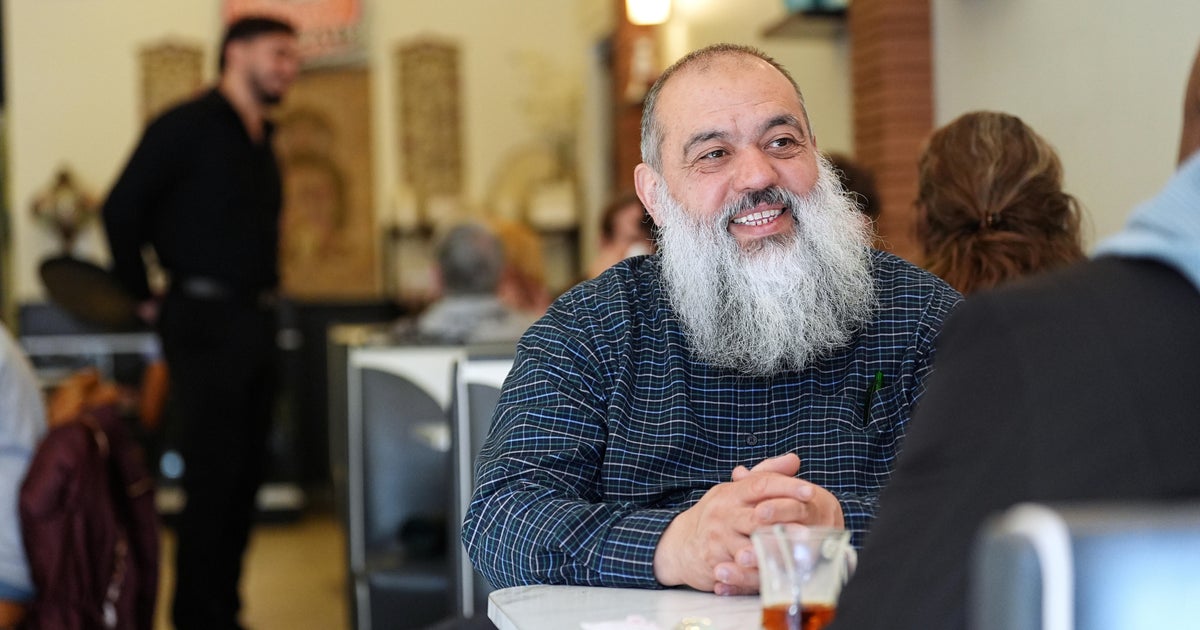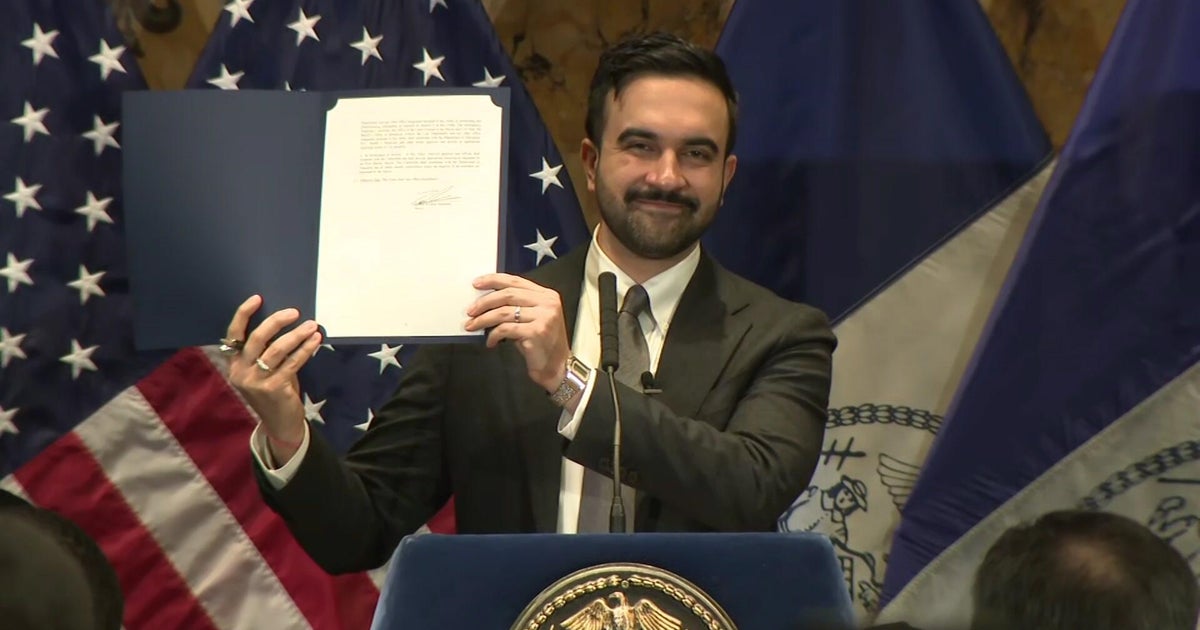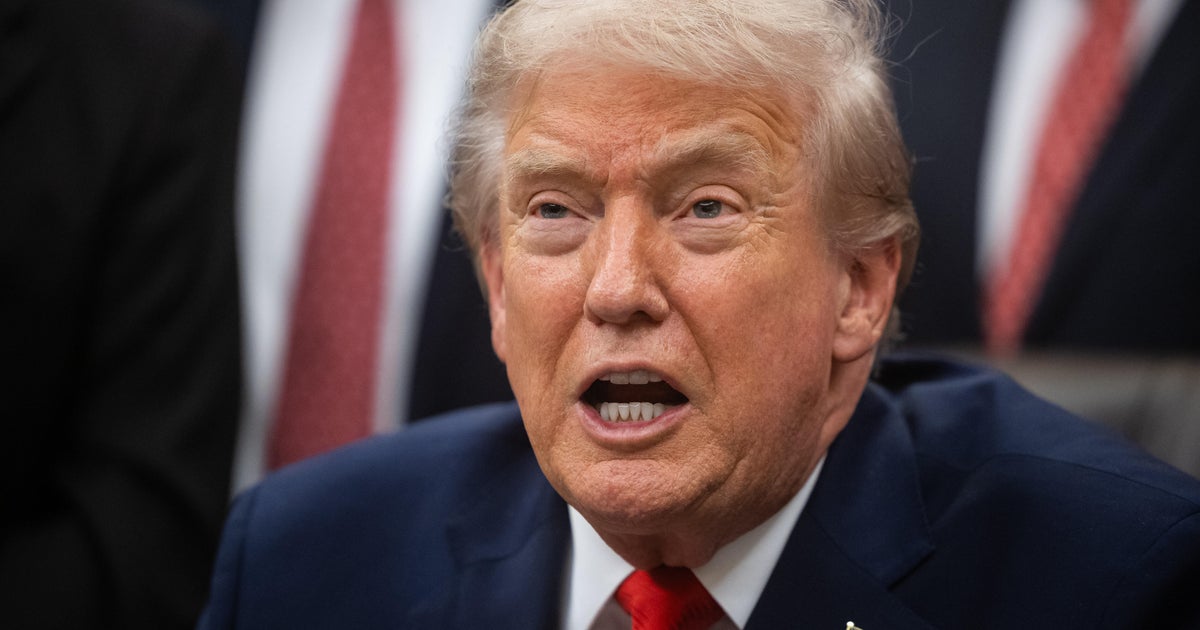Trump's Stance Against 'Sanctuary Cities' Could Cost Minnesota Millions
MINNEAPOLIS (WCCO) -- President-elect Donald Trump is doubling down on his threat to deport illegal immigrants, and to withhold federal grant money from so-called "sanctuary cities."
That could mean a loss of tens of millions of dollars in Minnesota.
While there is no one set definition for what a sanctuary city is, it generally refers to any city or even county that has said its police officers will not enforce immigration laws.
In Minnesota, the cities of St. Paul, Minneapolis and Worthington are often referred to as sanctuary cities.
In Minneapolis' immigrant communities, there is fear.
"They're really stressed, they're afraid, there's a lot of uncertainty about what's going to happen to their families, to their children, to their future," said Minneapolis City Council Member Alondra Cano.
A 13-year-old Minneapolis ordinance says police officers will not ask people about their immigration status.
Mayor Betsy Hodges says that makes for a safer city.
"If people don't feel safe calling the police, they won't call the police, and we're a less-safe city overall," Hodges said.
But it also makes Minneapolis a sanctuary city.
"We will cancel all federal funding to sanctuary cities," said Trump a day before the election.
Hodges says that could cost the city tens of millions of dollars a year.
"That amount of money to be cut from the city budget is a problem, but nothing like the problem we will face if we let our democracy tumble," Hodges said.
St. Paul Mayor Chris Coleman says the president-elect's threat could cost St. Paul $12 million in federal funds a year.
To ease community concerns, St Paul police have produced a video letting the Latino community know officers are there to help them.
Minneapolis police are also trying to ease tensions. A Somali officer recorded a similar video in Somali, and a Latino officer taped the same message in Spanish.
This is a time of uncertainty for sanctuary cities. Hodges says she tried to get clarification on Trump's intentions from members of the current administration, but she said they were tied up with the transition.
There are other communities in Minnesota that have similar policing policies that may also be considered sanctuary cities under a Trump administration, and could also potentially lose federal funds.
Sen. Amy Klobuchar released a statement Tuesday about the possible funding cuts.
"Blocking federal funding would undermine the effectiveness of local law enforcement. I will continue to advocate for passing comprehensive immigration reform, which includes extensive border security funding, something the Senate passed on a bipartisan basis over three years ago but was not passed by the House," Klobuchar said.
Sen. Al Franken says that requiring local law enforcement to enforce federal immigration policy would make those jobs "much harder."
"Any policy that discourages immigrants from reporting crimes because they fear responding officers will also be checking their papers will not make our communities safer. As the debate over immigration policy moves forward, there should be significant input from local officials and law enforcement," Franken said.
An aide for Rep. Keith Ellison, who represents Minneapolis, released this statement Tuesday:
"Rep. Ellison is absolutely opposed to the President-elect's suggestion, and has voted against Republican efforts to strip funding from sanctuary cities in the past."


